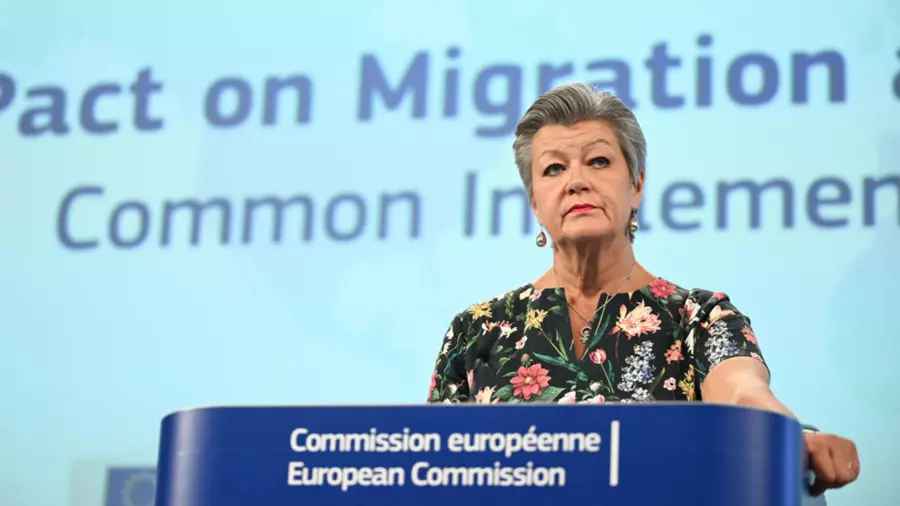The European Union has asked Hungary to clarify its decision to ease visa requirements for certain Russian and Belarusian nationals. This move has raised concerns regarding security in the region. Home Affairs commissioner, Ylva Johansson, criticized the change stating that “Russia is a security threat” and urged more vigilance when dealing with the country.
The Hungarian government’s decision to ease visa requirements for certain foreign workers from Russia and Belarus has been met with criticism. Budapest operates a special fast-track visa regime called the national card system, which allows foreigners to work in Hungary for up to two years, with easier requirements for obtaining a work permit and a pathway towards permanent residency. Initially only Ukraine and Serbia were eligible for this programme, but in July six more countries were added, including Russia and Belarus.
Commissioner Johansson expressed her concerns over the decision on social media, saying that “Giving potential Russian spies and saboteurs easy EU access would undermine the security of us all.” She went on to say that while EU member states have the right to issue long-term visas and residence permits unilaterally, they “should consider potential security implications” for the entire bloc.
The EU suspended its visa facilitation agreement with Russia shortly after the outbreak of the Ukraine conflict. As such, Johansson demanded an explanation from Hungarian authorities on their new visa scheme to ensure it is “compatible with EU law.
European People’s Party Chairman Manfred Weber also expressed his concerns about the change in a letter to European Council President Charles Michel. He claimed that the new scheme could create “grave loopholes for espionage activities” and called on the EU Council to adopt measures to “protect the integrity” of the Schengen area and prevent other EU members from taking similar initiatives.
However, Hungarian Prime Minister Viktor Orban’s spokesman, Zoltan Kovacs, dismissed these concerns as “absurd and hypocritical.” He argued that Hungary has the strictest migration system on the continent. This sentiment echoes Hungary’s longstanding criticism of the EU’s approach to the Ukraine conflict and its sanctions policy towards Russia, with Orban having advocated for a ceasefire and negotiated settlement of the conflict.
Hungary currently holds the six-month rotating presidency of the EU Council and continues to face criticism for its stance on the Ukraine conflict and relations with Russia.

